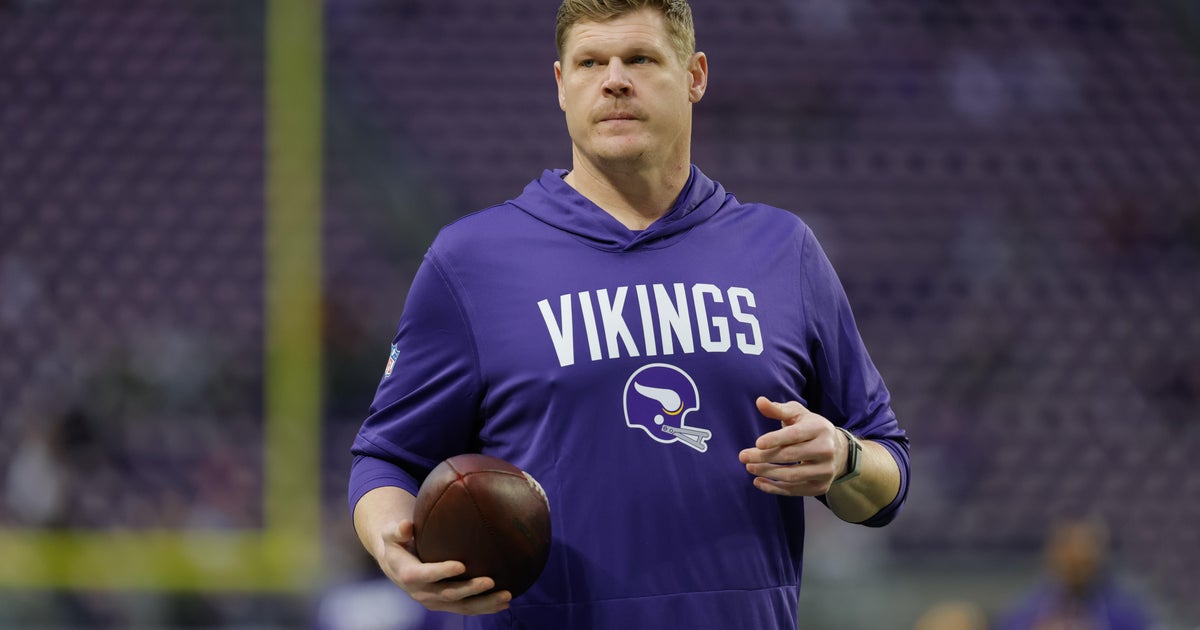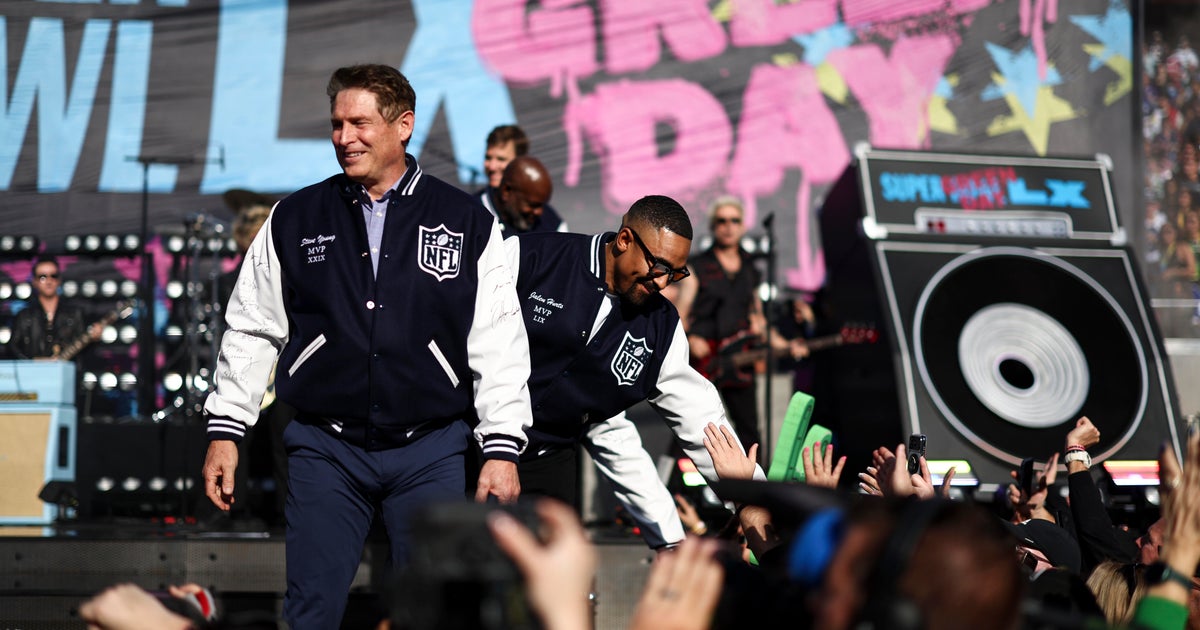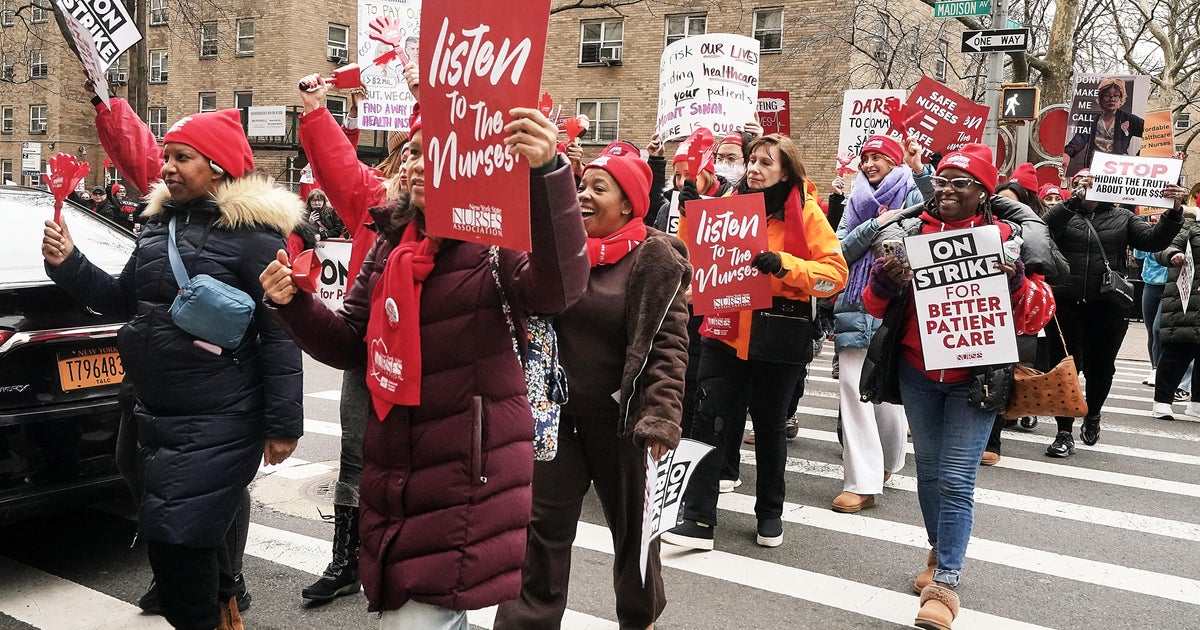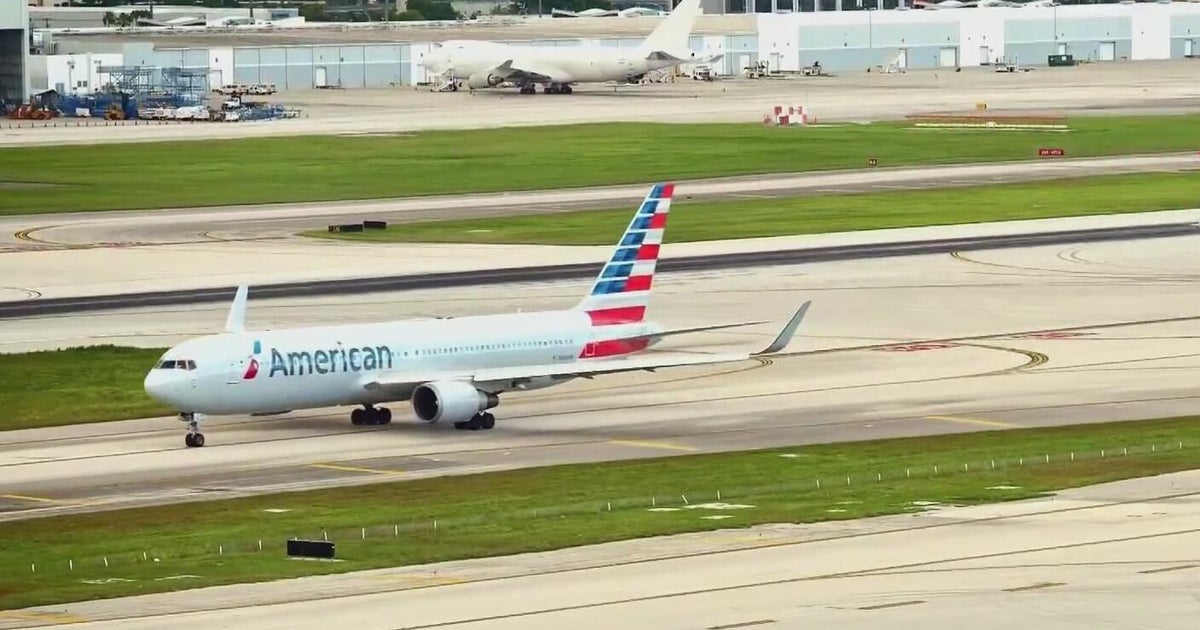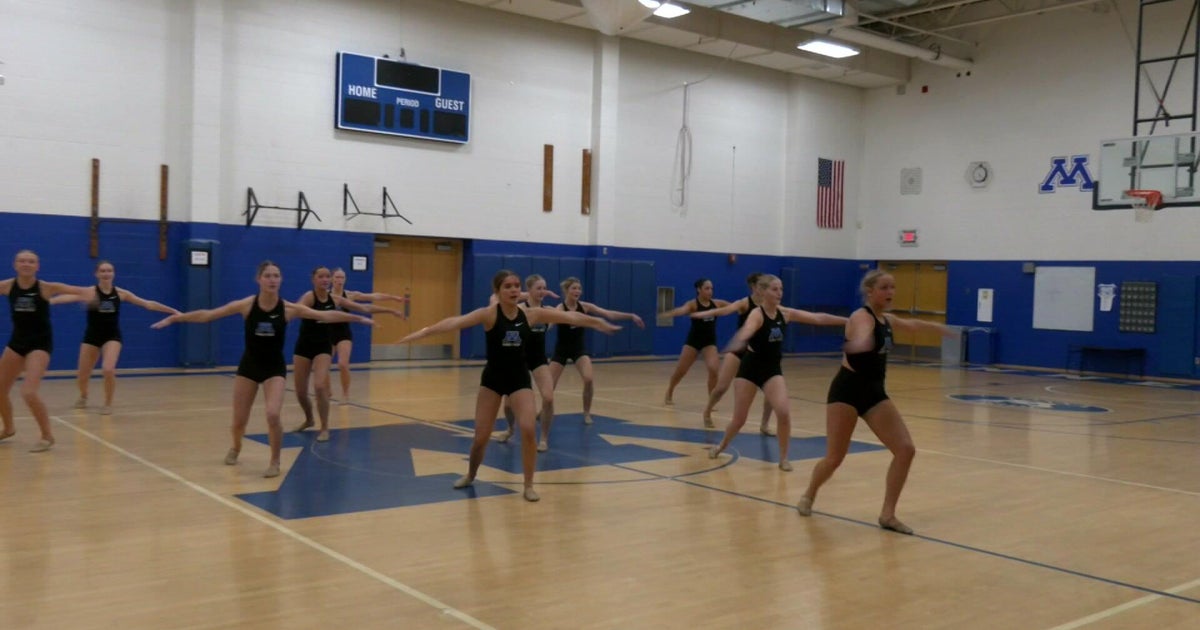NFL Lockout Is Over
The 32 NFLPA player representatives unanimously ratified a new collective bargaining agreement, effectively ending the lockout.
This is how the ugliness was erased and a sport was saved.
As the lockout droned on, and it was clear both sides were on a path to mutual annihilation, billions of dollars perhaps left flapping in the breeze, hard lines softened. The easing of tension began with approaching deadlines and more communication between Commissioner Roger Goodell and trade association leader DeMaurice Smith.
The two men began talking about the NFL's future in broad strokes and, soon, the conversations intensified. After a short period Goodell and Smith actually became friendly. Their thawing relationship spread to the people around them.
In fact, it is safe to say that Goodell and Smith were the largest components as to why the lockout ended. Hero is a difficult word to use when the rich fight the rich but their even tones late in the process helped to end the lockout that began March 12.
"Initially, there was no trust between the players and owners," said Seattle player representative Chester Pitts, "but in the end the trust was there. There was enough trust to get a deal done."
"There was too much money at stake," texted another player in the minutes after an agreement was reached, "to let personal feelings get in the way."
Towards the finish, intelligence ruled the day. Towards the finish.
And this is what they overcame. This is how toxic it got:
As the lockout droned on, entering its second month, one player sent an email note to his team testing the waters on how players felt about the owners. The responses he received from dozens of teammates stunned him. The owners, some players wrote back, viewed the players as slaves. The players expressed intense dislike and distrust of the owners. The players wanted to keep fighting. They wanted to win, wrote back many of them, even if it meant in the end they would make less money.
Inside the trade association a phrase began to circulate: "Pash lies." It was aimed at owner lawyer Jeff Pash whom the union came to despise, claiming he publicly misrepresented facts, something the NFL denied. Players texted and emailed each other daily rallying to fight the owners. Team representatives sent emails on a regular basis correcting what they felt were falsehoods spread by the NFL.
On the other side, owners distrusted Smith, privately telling anyone who would listen he was using his stint as head of the NFLPA as a jumping off point into a run for political office. They were condescending to the players in initial negotiations thinking they knew nothing about the real finances of the NFL.
This is a story about greed and redemption; about selfishness and togetherness; stupidity and intelligence; irrational behavior and sensibility.
The NFL lockout and its subsequent solution is testament to both what can be so wrong about sports and what can be so right as toxicity turned to teamwork.
Do the owners and players deserve credit for saving themselves? I don't know. Does a man deserve credit for throwing himself into a swimming pool knowing he can't swim?
Then again the sport didn't do what hockey did during its labor strife, which was lose an entire season, or baseball, which canceled a World Series.
How much self-inflicted damage was done no one knows. Fans have expressed great anger, but once camps start, touchdowns are scored and championships won, it's quite likely fans will forget the lockout the way a person tries to ignore a bad dream.
The timeline might move quickly. After a vote on the new CBA by the executive committee (which will pass easily) comes a vote by the NFL's 32 player reps. That will pass, as will the vote from the general membership.
In many ways all of this is a foregone conclusion. After the ugly words and deeds, the near self-obliteration, and the taking of fans for granted, came reason and logic. Then came football.
In the end, football is back. Just in time.
